Bringhurst: Anti-Abortion Advocates Neglect Children
Children embrace their guardian at the protest against the potential overturn of Roe v. Wade at the Utah State Capitol on May 5, 2022. (Photo by Xiangyao “Axe” Tang | The Daily Utah Chronicle)
July 29, 2022
With abortion restricted or illegal in more than half of the United States, many worry about the consequences of an influx of unwanted babies. Anti-abortion advocates, however, seem confident in adoption as a solution.
In reality, most who don’t abort their unwanted pregnancies end up choosing to parent the child. In one study, 91% of people who were denied abortions ended up choosing to parent instead of pursuing adoption. About half of those seeking abortions already live below the federal poverty level and their economic status is likely to worsen after giving birth. When they’re born into families that can’t afford to take care of them, many of these children may end up in foster care.
The U.S. foster care system is overwhelmed, underfunded and corrupt. We can’t rely on existing systems to do better for these children. Abortion restrictions will only increase poverty and further overwhelm the current, broken system.
Utah’s Foster Care is Overwhelmed
Anti-abortion activists argue that every unwanted fetus could be provided with a comfortable life. But today, some children in the foster care system resort to living in hotels due to lack of homes. In 2020 there were 2,700 Utah children in foster care with only 1,400 foster families. The gap has only increased during the pandemic.
In Utah, foster parents’ reimbursement adds up to about $17 a day, so many foster families end up contributing out of their own pocket. Given current economic hardships, foster care isn’t a feasible option for many well-intentioned families to participate in.
Those who do opt to become foster parents are often unequipped to provide the best environment for the child’s unique needs. Children do better when living with a family that helps maintain the child’s cultural and racial identity. In Utah, Latino children are overrepresented in the foster care system, while the majority of foster families are white. Cultural identity plays a key role in mental health and self-esteem, and yet is often neglected when placing children in a home. The current foster care system is simply too underfunded and overwhelmed to safely rely on.
Relying on a Flawed System
As Christian beliefs are the basis for abortion restrictions, Christians have also led the cause for adoption for many years. Christians are twice as likely as other Americans to adopt. Bethany Christian Services, one of the largest adoption agencies in the country, was eventually contracted by the government to offer foster care as well.
Privatization of adoption agencies resulted in corruption, because agencies tend to value profit over humanity. The same thing happens in foster care, as states increasingly privatize the system.
“I became a machine that cared about profits,” admitted a former employee of one such foster care agency. “I didn’t care about kids.”
Some states provide no financial incentive to reunite the child with the parent. For private agencies, including faith-based, it is in their best financial interest to keep the child in foster care as long as possible.
Many families drop out of the foster process early due to lack of support. Families that foster through faith-based agencies are more likely to foster for longer, but many of these agencies reject families that aren’t Evangelical Christian. As a result, the pool of foster parents gets flooded by Evangelical families, and many children are robbed of the chance to identify with their culture.
The foster system also fosters abuse. In Oregon and Washington, one-third of foster children reported abuse by their foster parent or another adult in the home. One woman reported experiencing more abuse from her Evangelical Christian foster family than she did from her drug-addicted biological family.
Improvements can be made to foster care, like providing parents with mental health services and rehabilitation to help reunite families. The Every Child Deserves a Family Act would prevent federally funded child welfare programs from discriminating based on sexual orientation or religion, diversifying the pool of foster families. These could make incremental improvements. But it won’t decrease poverty, which is the reason most children are in the system.
Classism Within Foster Care
Kathryn Joyce, an investigative reporter at Salon, explained to Vox that many children in the system aren’t there because of neglectful parents, but because of poverty.
“Kids end up in this system because they wore dirty clothes to school, or because a school nurse found lice, or because their parents were trying to get substance-abuse treatment,” she said. “Most of these things just boil down, ultimately, to them being poor.”
The solution to our flawed foster care system isn’t finding more culturally diverse families to foster or paying foster families more. The only solution is to mitigate poverty. Restricting abortion access does the exact opposite.
Anti-abortion arguments are full of contradictions, but this may be the worst. Especially during current economic instability, there are fewer foster parents, more poor people and soon to be more children born into poor homes.
Restricting abortion access essentially requires poor people to have more children without providing any resources to take care of them. To make it worse, the federal government has no regard for families in poverty. One hundred and ninety-two House Republicans voted against increasing funding to the FDA to address the baby formula shortage.
The U.S. foster care system requires intense overhaul. It doesn’t make sense to create policies that will increase child poverty when our current support for those children is so inadequate. I can only hope anti-abortion advocates can afford a house large enough for all their foster kids.


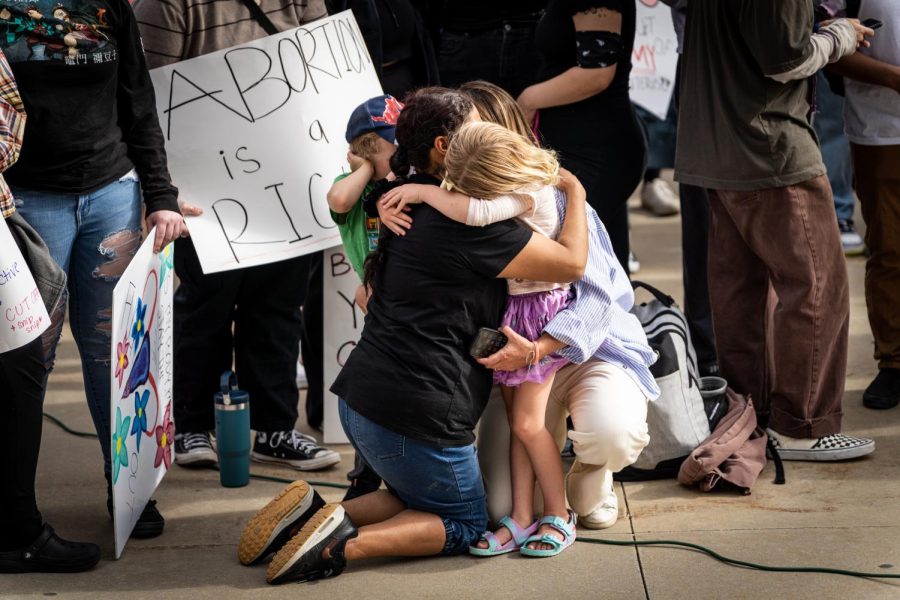

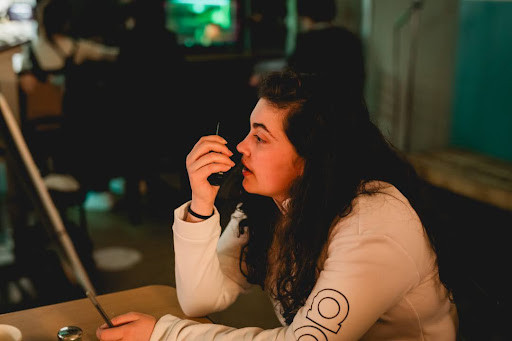
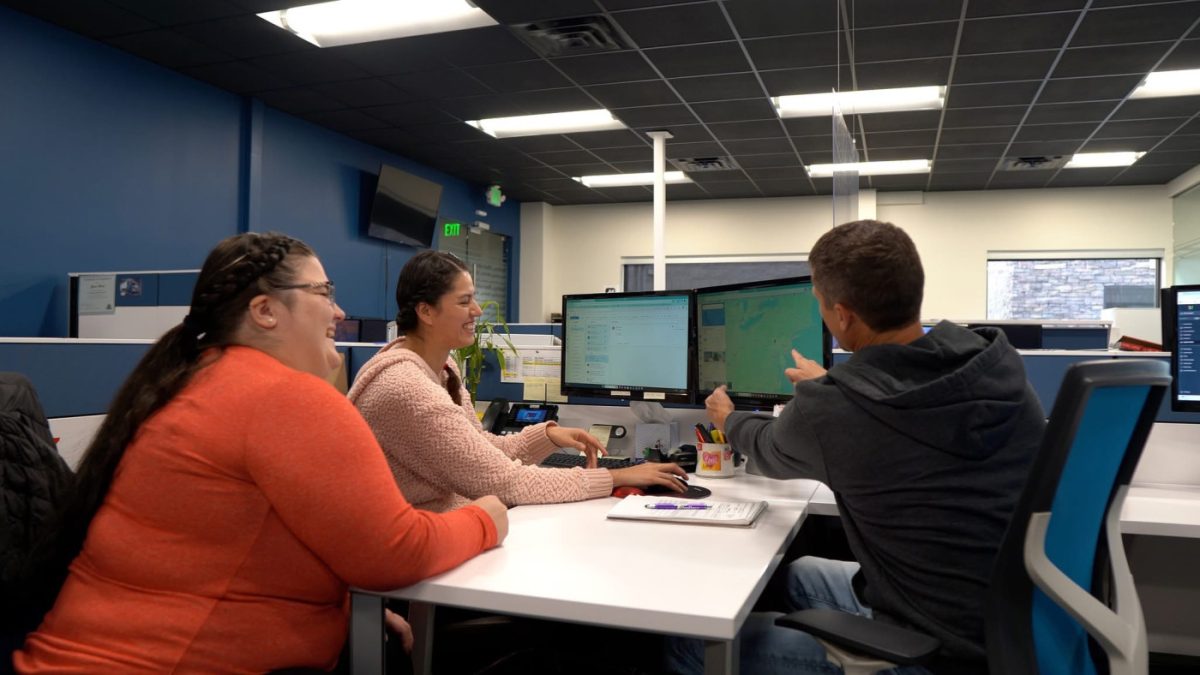

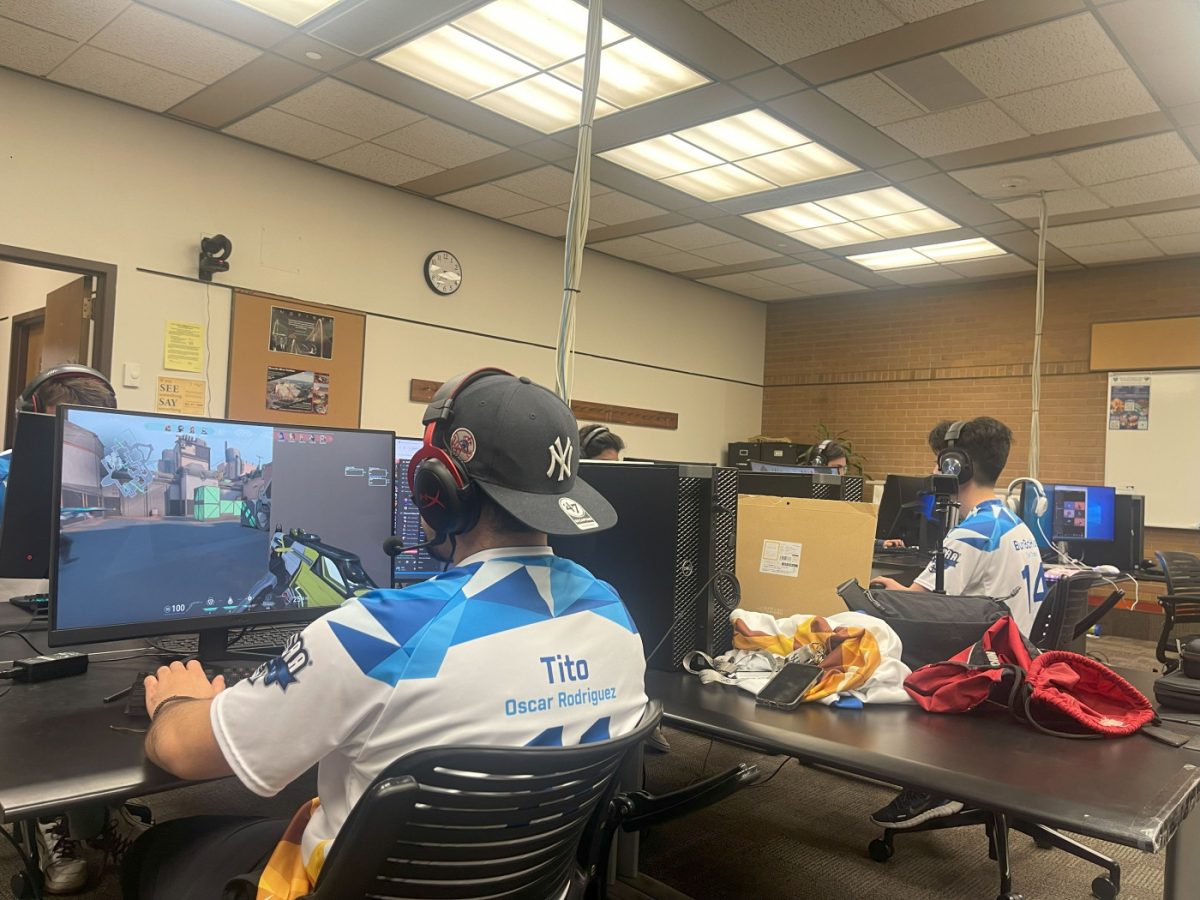
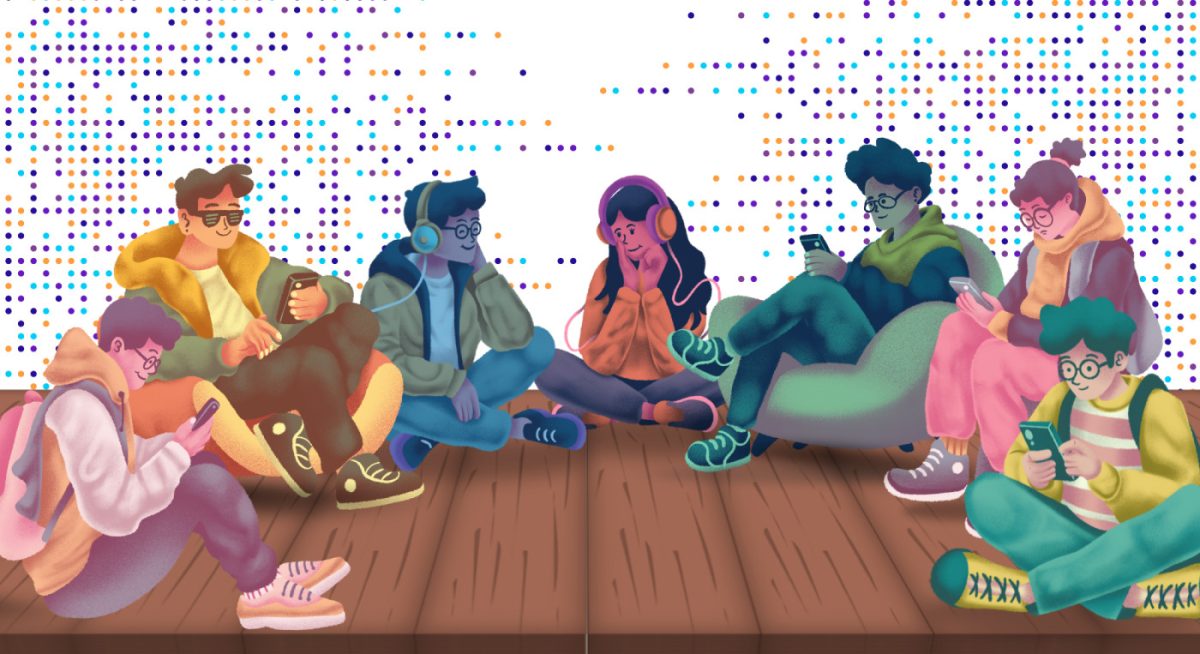




John Burrows • Aug 13, 2022 at 9:23 am
RIP Maggie